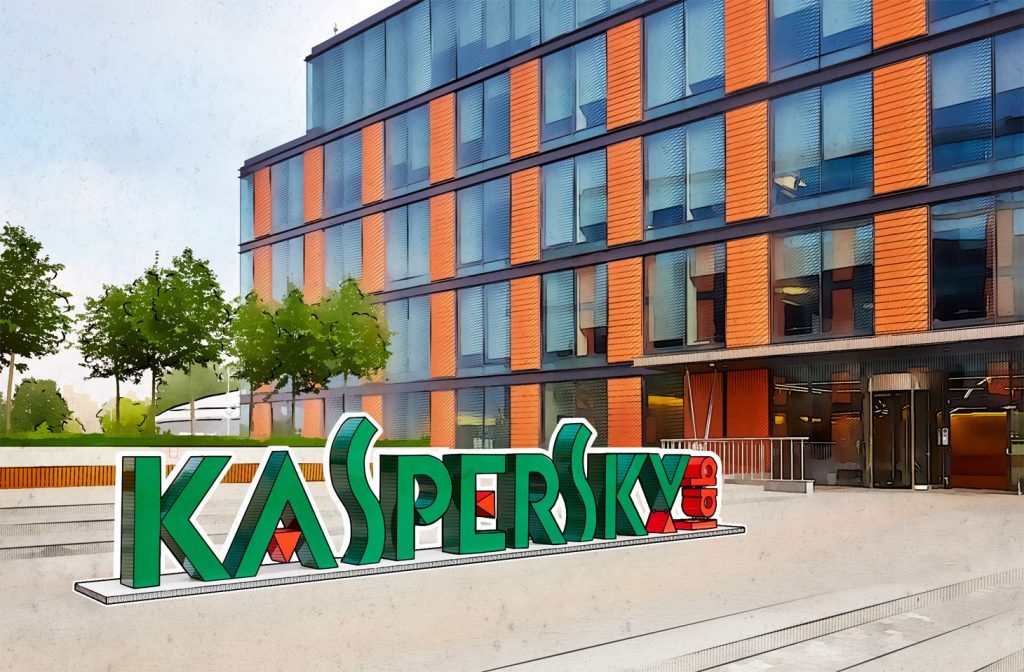The African region has witnessed a steady increase in internet penetration, growing from 26% in 2019 to 36% in 2022, according to the World Bank. In alignment with the African Union’s Digital Transformation Strategy, aiming to empower all Africans digitally by 2030, Kaspersky has opened its first Transparency Center in Kigali, offering a pivotal milestone in the fight against cybercrime.
The Transparency Center in Kigali caters to Kaspersky’s partners, customers, and cybersecurity regulators, providing a “blue piste” review option. This option, popularized since the opening of the first Transparency Center in 2018, allows visitors to gain insights into Kaspersky’s engineering and data processing practices. Visitors can engage with Kaspersky experts, posing questions related to data processing procedures and the operation of its solutions. Additionally, participants can enhance their skills in assessing the security of ICT products through the Cyber Capacity Building Program.
The opening of the Transparency Center was commended by the African Union Mechanism for Police Cooperation (AFRIPOL). Ambassador Jalel Chelba, AFRIPOL’s Acting Executive Director, highlighted the importance of Kaspersky’s Global Transparency Initiative in building digital trust. He emphasized the need for effective frameworks to mitigate security risks in the face of rapid digital transformation in the region.
Kaspersky’s network of Transparency Centers now spans 11 locations globally, with the addition of the facility in Kigali. Genie Sugene Gan, Head of Government Affairs and Public Policy for Asia-Pacific, Japan, Middle East, Turkey, and Africa regions at Kaspersky, underscored the growing emphasis on cybersecurity in the African agenda. The Transparency Center in Kigali aims to bridge the gap in cyber-capacity building, providing education on evaluating product security and establishing secure development processes.
Read: Kaspersky Records an Increase in Mobile Threats in Africa in Q2 2023



